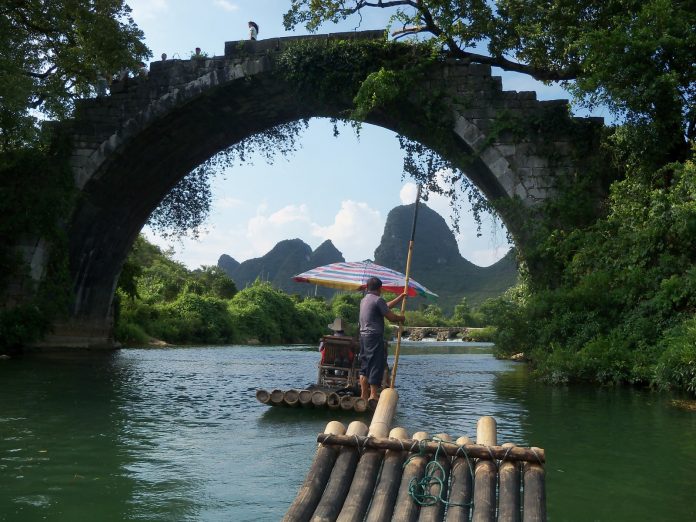It was a pleasant surprise this week to read that the Mayor of Las Palmas de Gran Canaria is visiting South Korea to exchange ideas and experiences about policies on public transport, and a range of other issues. It makes a pleasant change to read positive news about South Korea, rather than depressing and unpleasant rhetoric, sabre rattling and threats between their neighbour, North Korea, and the United States.
Transport has been a major challenge to authorities in Seoul for the last 40 years, because of the rapid increase in its population. Bus and subway systems have required massive investment and improvements, which are some of the issues also being faced in Las Palmas. The sharing of information, including the new Metro Guagua transport system in La Palmas, could also be of significant help to Seoul. Representatives from Seoul have been invited to visit Las Palmas when the Metro Guagua is in operation.
The possibility of Canarian and South Korean Municipalities working together on a number of strategic projects has also been discussed, as well as investment from South Korea for projects in Gran Canaria. Cooperation and sharing of ideas between countries should always be welcomed.
Links between South Korea and the Canary Islands are not accidental. Many residents and tourists are simply unaware that there is a significant Korean population living in the Canary Islands, and particularly in Gran Canaria.
This has developed since the collapse of the Korean whaling industry that took place off the Canary Islands in the 1960s and 1970s. Hundreds of Korean workers and their families became stranded on the island, which quickly became their home. In the 1970s, statistics show that there were around 7000 Koreans living in Las Palmas, which became a significant proportion of the total population.
As delighted as I am that the whaling industry has ended off the Canary Islands, the Korean community has thrived and become interwoven with the multi-cultural, multinational and religious mix that Gran Canaria has represented so successfully for many years.
Korean families have also maintained their strong religious and cultural identity. I recall being invited and welcomed to a service held at the spectacular Full Gospel Korean Church in Las Palmas several years ago, where the service was simultaneously broadcast in several languages. Rarely have I witnessed such enthusiasm and fervour within a church.
As well as representation through the Korean Consulate in Las Palmas, which is one of several in Spain, many Koreans run successful businesses on the island. Taking into account the close links that the island has had with Korea over the years, and the significant positive contribution that Koreans have upon both the city of Las Palmas, as well as Gran Canaria, it is entirely appropriate that these links both support and extend the current transportation projects for the benefit of both communities
If you enjoyed this article, take a look at Barrie’s websites: http://barriemahoney.com and http://thecanaryislander.com or read his latest book, ‘Footprints in the Sand’ (ISBN: 9780995602717). Available in paperback, as well as Kindle editions.
© Barrie Mahoney





